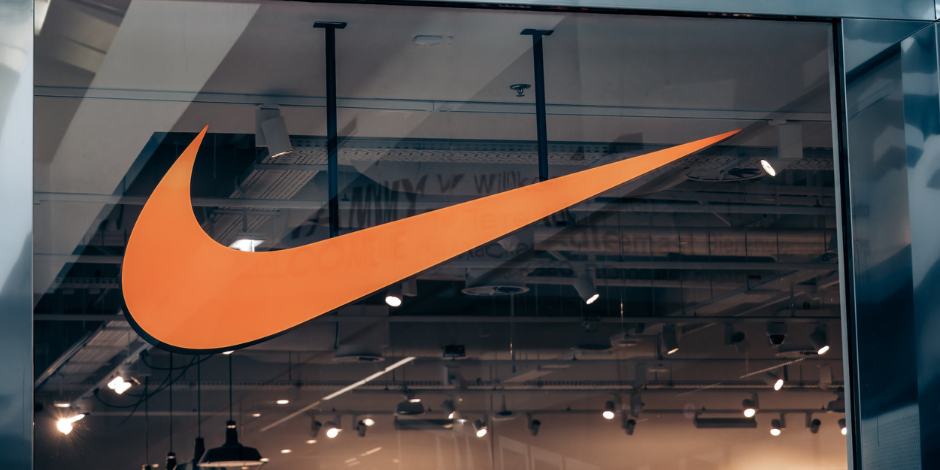Nike—the “Just Do It” running shoe company—has reigned as the world’s largest footwear brand for as long as anyone can remember. In terms of revenue (about twice that of Adidas, its nearest challenger), that’s unlikely to change anytime soon.
But...
The company has been fighting a series of skirmishes lately, which, taken together, are raising eyebrows about its future: shrinking revenue, layoffs, analyst downgrades, investor lawsuits, and environmental lawsuits. Nike is stuck on defense.
What happened?
As one CNBC host recently suggested, the problem might be that its leadership has been so focused on how to sell their merchandise that they forgot who they were selling it to.
This would be consistent with the credo of Nike’s founder, Philip Knight, who established the company in Eugene, Oregon, in 1971. In his 2016 memoir, Knight writes that his guiding principle was, “Grow or die… no matter the situation.”
And grow Nike did, by targeting the community of people who had taken up running and positioning Nike as that community’s go-to brand. The stock rose from $10 a share in 2009 to about $90 a share ten years later, shortly before the Covid-19 shutdown. By the peak of the stimulus-fueled “revenge spend” of 2021, revenue had hit a new record, and the stock had doubled again, reaching nearly $170 in November of that year.
That was then. Today, the stock trades around $80 a share, the same level as just before the Covid shutdown.
To add insult to injury, a recent analyst report by Stifel Financial essentially declared Nike outdated.
Stifel’s 2024 Back-to-School Athletic Footwear Survey cited the “rapidly waning relevance of core franchises” and the lack of indicators that new products were resonating in the marketplace.
Nike’s situation sounds a bit like what happened to brands like Starbucks, which also began as a community, became wildly successful, and somewhere along the way forgot about the customer, leading to tapering revenue.
The list of Nike’s problems helps explain why the company lost its innovative mojo. Just a few headlines from RetailDive.com over the past year or so include:
- “Nike sues Lululemon over shoe manufacturing patents.”
- “Shareholder activist blasts Nike for doing too little to prevent abuses in the supply chain.”
- “Nike faces lawsuit over greenwashing claims.”
The company has only just begun to address its core problem, which CEO John Donahoe acknowledged during an analyst call in June—he said a lack of newness had a “pronounced impact” on revenue. Nike’s clumsy focus on direct-to-consumer efforts and an inconsistent relationship with outlets like Footlocker left room for up-and-coming competitors like On Shoes.
In March, Nike took its first step toward solving the problem by hiring designer Tim Hamilton, former creative director at outdoor brand The North Face, as its new vice president of men’s apparel design.
He has his work cut out for him, but I trust he will put the customer back at the center of Nike’s universe.
Subscription Required.














